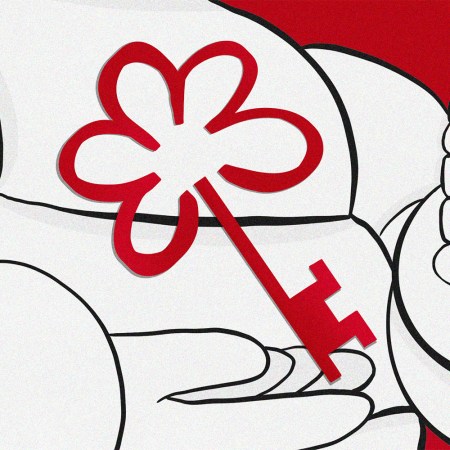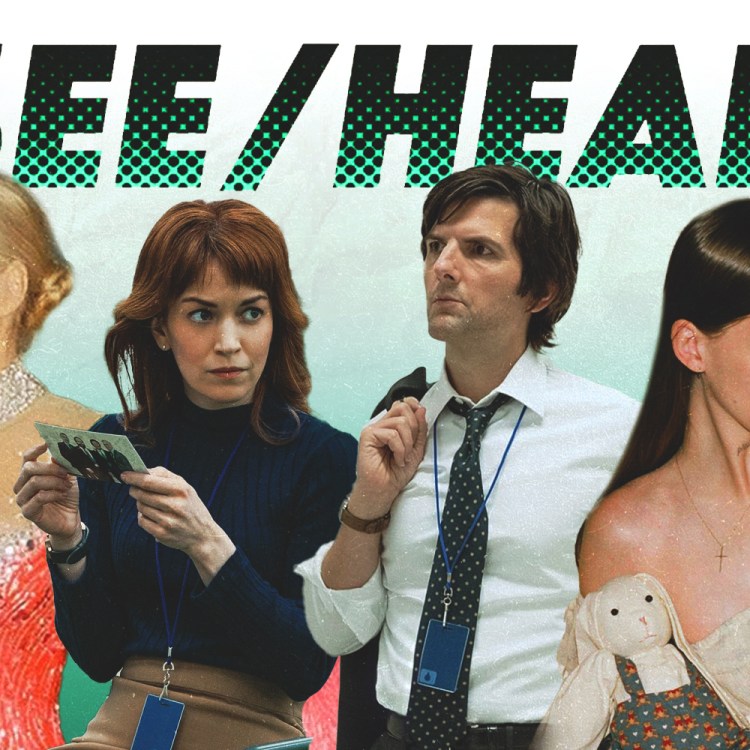As scientists understand the human genome more and more, their ability to manipulate genes and treat chronic and potentially fatal conditions has increased dramatically. That’s a good thing for anyone whose life has been affected by something that gene therapy can cure — an example of technology that can benefit people across the world.
In 2015, a New York Times Magazine article on Crispr explored the numerous ways Crispr can be utilized, from dealing with medical issues to creating food with better flavors. But the ability to manipulate genes isn’t necessarily the gateway to a bold new utopia. As Walter Isaacson reports in a new article for Air Mail, this new technology might end up exacerbating existing social flaws rather than benefiting everyone.
Isaacson is no stranger to exploring both technological innovation and its implications: he’s written biographies of thinkers like Albert Einstein and Steve Jobs. This particular article took him across North America to converse with scientists exploring the implications of gene therapy.
At a Crispr conference in Quebec City, Isaacson dines with a host of scientists whose conversation turns to the ethics of editing genes.
There is general agreement among the scientists at dinner that, when it’s safe and practical, heritable edits ought to be used to fix bad single-gene mutations, such as Huntington’s disease and sickle-cell anemia. But they recoil at the idea of using gene editing for human enhancements, such as trying to give our kids more muscle mass, or height, or perhaps someday higher I.Q.’s and cognitive skills. The problem is that the distinction is difficult to define—is preventing obesity a cure or enhancement?—and even more difficult to enforce.
From there, questions of class also come up. “Our world is already suffering from widening gaps in wealth and opportunity” Isaacson writes, “and a free market for genetic enhancements could produce a quantum leap in these inequalities and also, literally, encode them permanently.” Isaacson cites Aldous Huxley’s Brave New World as one cautionary tale in this respect; anyone who’s watched or read some dystopian science fiction can probably think of other examples.
The entirety of Isaacson’s article makes for gripping reading: the process of determining the ethics of a complex technology even as that technology is being deployed regularly is far from easy. The work he describes here could make the world a better place for everyone — or it could make the world a better place for a select few.
Editor’s Note: RealClearLife, a news and lifestyle publisher, is now a part of InsideHook. Together, we’ll be covering current events, pop culture, sports, travel, health and the world. Subscribe here for our free daily newsletter.
Thanks for reading InsideHook. Sign up for our daily newsletter and be in the know.


















